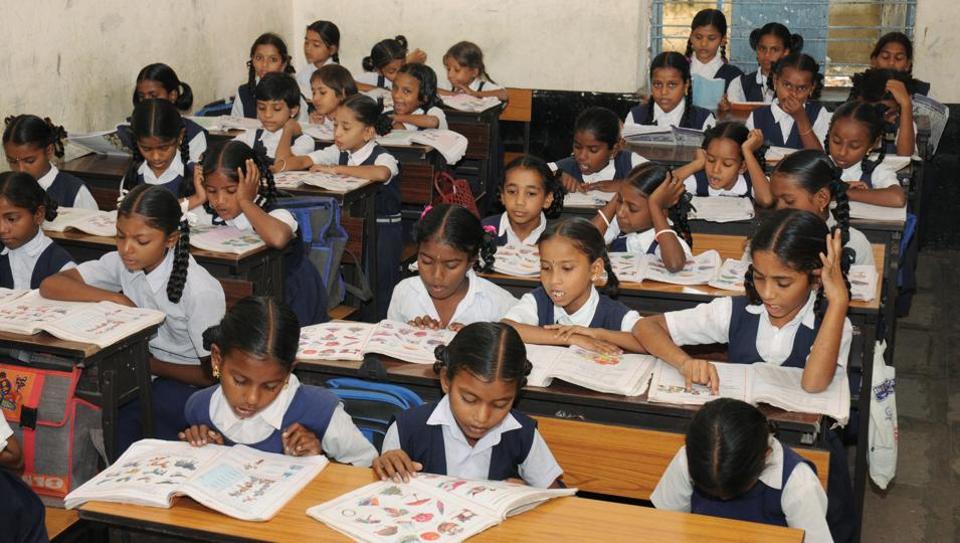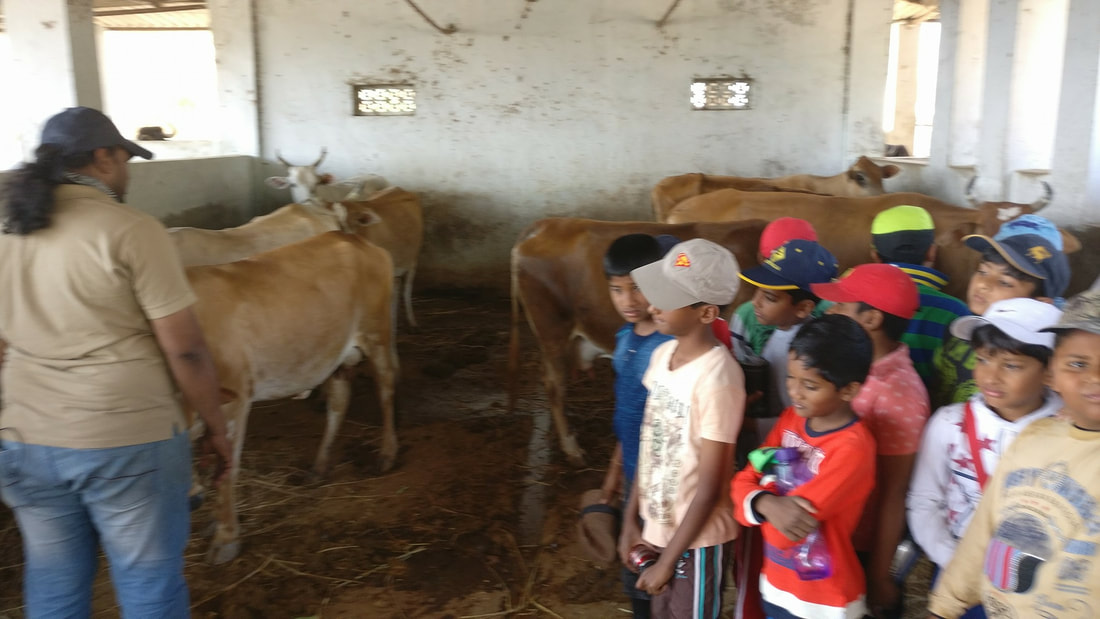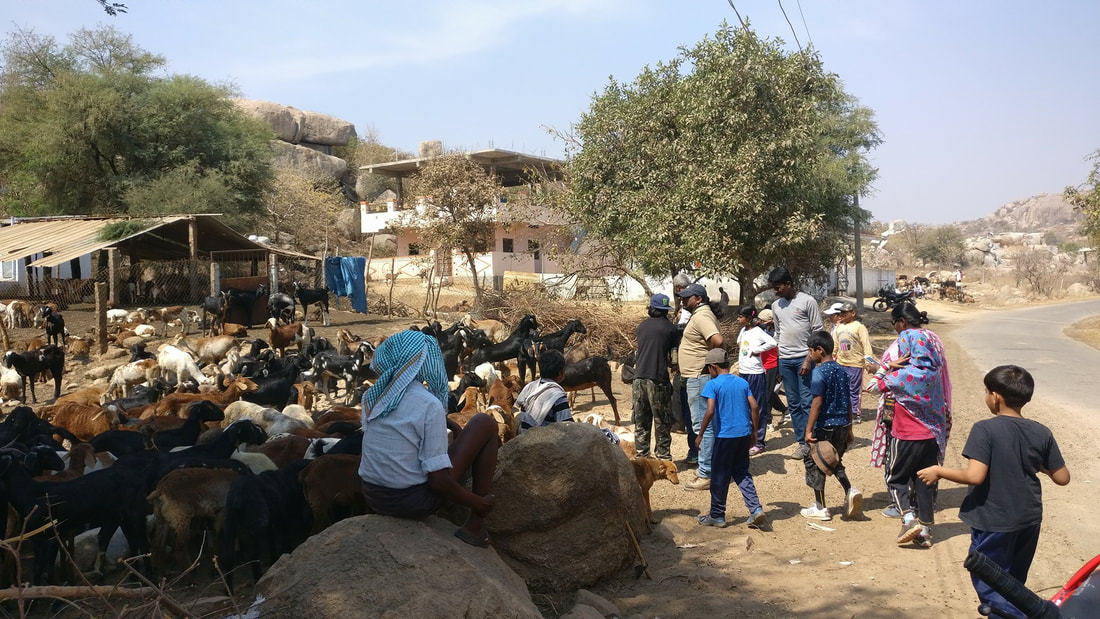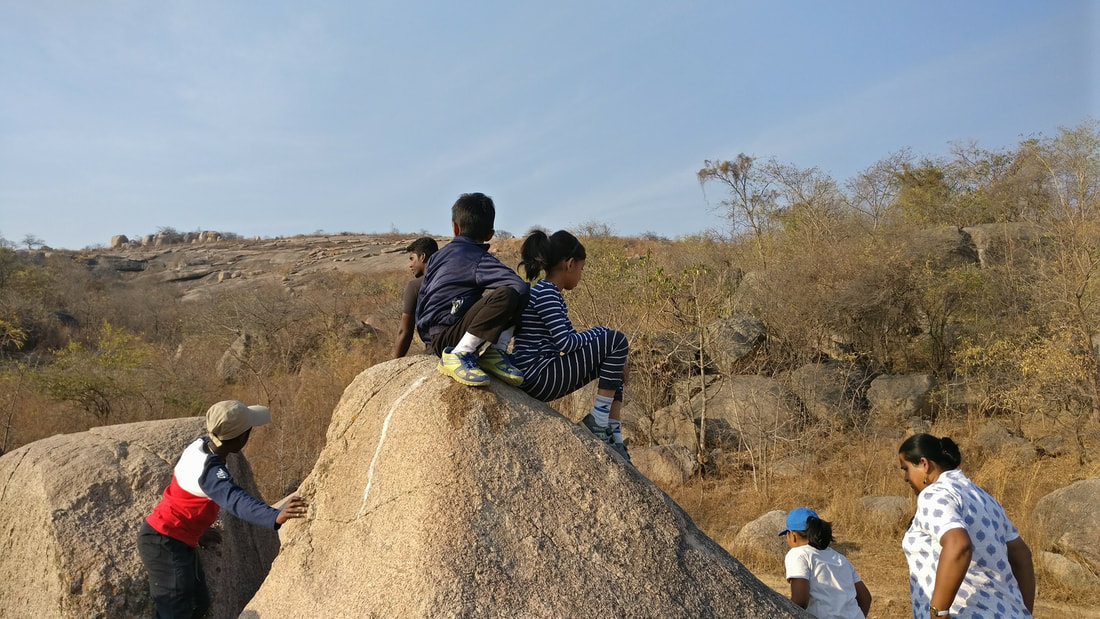Education with Experiential LearningWhat’s the Goal of Education?Should young people become educated to get prepared to enter the workforce or get a job, or should the purpose of education be focused more on social, academic, cultural and intellectual development so that students can grow up to be engaged citizens and life long learners. There could be many aims of education. Most common aims that have been there for centuries are 1)Knowledge Great philosophers Socrates, Aristotle, Dante, Comenim, Bacon have propounded knowledge as an important aim of education. 2) Character Development Education finds its real meaning and value when its aim is character-building said T. Raymond. Bertrand Russel emphasizes that the formation of character as the chief aim of education. Herbart, the great educator of nineteenth century says, the whole work of education may be summing up the concept of “morality”. Mahatma Gandhi viewed, “Character building is the aim of education. I would try to develop courage, strength, virtue, the ability to forget oneself in working towards great aims. I should feel that if we succeed in building the character of the individual, society will take care of itself”. 3) Livelihood and Vocation Vocational aim of education is super-scripted as ‘Bread and Butter, aim M. K. Gandhi says, “True education ought to be for the boys and girls a kind of insurance against unemployment”. 4) Self Realization Sir Rabindranath Tagore said aim of education is self realisation Dr. S. Radhakrishnan says, “The aim of education is neither national efficiency nor world solidarity, but making the individual feel that he has within himself something deeper than intellect, call it spirit if you like”. Shri Aurobindo views, “The chief aim of education should be to help the growing soul to draw out that in itself which is best and make it perfect for a noble cause”. Thus, the central aim of education should be the development of spirituality in men. Sir Rabindranath Tagore mentioned that the aim of education is self realization. Based on the many aims of education we can concur that Education should prepare young people for life, work and citizenship. Education should be holistic and one that takes care of their physical, emotional, intellectual and spiritual capabilities Challenges of the Indian Educational System Stating lofty aims and goals for education is great. The challenge is in implementation across a diversified student profile. Some of the main challenges of education are Old Teaching and Instructional Methodologies. Our biggest challenge to education system in India is catering to students with different learning styles and capabilities with a singular and similar teaching and instruction method. Lack of Student Engagement. we need an education system that is student centered and one the creates engagement and leads to learning. Learning engagement best happens in the local environmental context in the here and now and one that the student can relate to. How Experiential Learning can address education challenges. What is experiential learning? Broadly speaking, experiential learning is learning through doing – the learner is an active participant in the educational process, not a passive witness to it. The content, idea or concept being pursued must be largely relevant to the learner. There are many ways of catering to different students learning styles and creating engagement through adoption of experiential learning methodologies like Place based learning, Service Based Learning, challenge based learning, Project Based Learning, Cooperative Learning. Social emotional learning. Mahatma Gandhi – The father of the nature said Literacy in itself is no education. Literacy is not the end of education or even the beginning. By education I mean an all-round drawing out of the best in the child and man-body, mind and spirit. Mahatma Gandhi "True education must correspond to the surrounding circumstances or it is not a healthy growth." The Nai taleem approach is based on learning from our environment and activities. Learning through reflection and inference. Instead of telling and giving answers and lectures our teachers should help children learn through inquiring, inferring and reflecting on the local environmental context and thereby bringing practice to the theory they assimilate from books. Asking Meaningful Questions Teachers need to ask more Why and How questions and allow students to developing critical thinking skills and arrive at their own answers. Some of the questions that should be posed to the kids can be in terms of igniting their thinking.
John Dewey, philosopher, psychologist and education reformer mentioned that Abstract ideas should have concrete applications. Similarly, practical applications must have theoretical basis. Education should Combine Theory and Practice and vice versa Its important to relate theory with practice and practice with theory back in our schools and homes and in the local context Students Character Development One of the most under looked aspect in school education is the inability of the system to develop behaviors of self-confidence, courage and risk taking in students. This is primarily because of absence of participation in sports, outdoor and adventure activities. As a result, students are not able to learn to develop a strong character that can help them deal with life’s challenges. Regular participation in sports and outdoor and adventure activities helps the kids develop life skills that help them deal with life’s challenges such as: Risk taking Resilience Team spirit Leadership Persistence Learning to deal with failure. What Educators and Teachers can do at Schools.Include experiential learning with activities in the local context to supplement theory lessons. Arrange practice and observation for theory classes and theoretical concept for every observation and practice. Other methods can be
How to Implement Experiential learning at Schools
0 Comments
Your comment will be posted after it is approved.
Leave a Reply. |
Archives
July 2024
Categories
All
|
- Home
-
Corporate
-
Team Building
>
- Team Building Activities
- Corporate Team Bonding
- Fun Team Outing
- Quotes on Teamwork
- In office Team Building Activities
- 5C Key Elements for Team Building
- Special Team Building >
- Virtual Team Building
- Top 10 Team Building Activities
- Team Building Bangalore
- Team Building Hyderabad
- Team Building Interventions
- Outbound Training >
- Leadership Programs >
- Team Outing >
- Employee Engagement >
- Behavioral Skills >
- Team Development >
- Corporate Adventure >
-
Team Building
>
- Schools
- Individuals
- Clients
- Gallery
- About us
- Articles
- Blog
- Experiential Leadership Training
- Strategic Leadership Training
- Home
-
Corporate
-
Team Building
>
- Team Building Activities
- Corporate Team Bonding
- Fun Team Outing
- Quotes on Teamwork
- In office Team Building Activities
- 5C Key Elements for Team Building
- Special Team Building >
- Virtual Team Building
- Top 10 Team Building Activities
- Team Building Bangalore
- Team Building Hyderabad
- Team Building Interventions
- Outbound Training >
- Leadership Programs >
- Team Outing >
- Employee Engagement >
- Behavioral Skills >
- Team Development >
- Corporate Adventure >
-
Team Building
>
- Schools
- Individuals
- Clients
- Gallery
- About us
- Articles
- Blog
- Experiential Leadership Training
- Strategic Leadership Training
Our Programs
OUR TRAINING DELIVERY LOCATIONS:
Ahmedabad, Bangalore, Chennai, Kolkata, Delhi, Goa, Hyderabad, Mumbai, Pune, Vizag - India
Ahmedabad, Bangalore, Chennai, Kolkata, Delhi, Goa, Hyderabad, Mumbai, Pune, Vizag - India





 RSS Feed
RSS Feed
